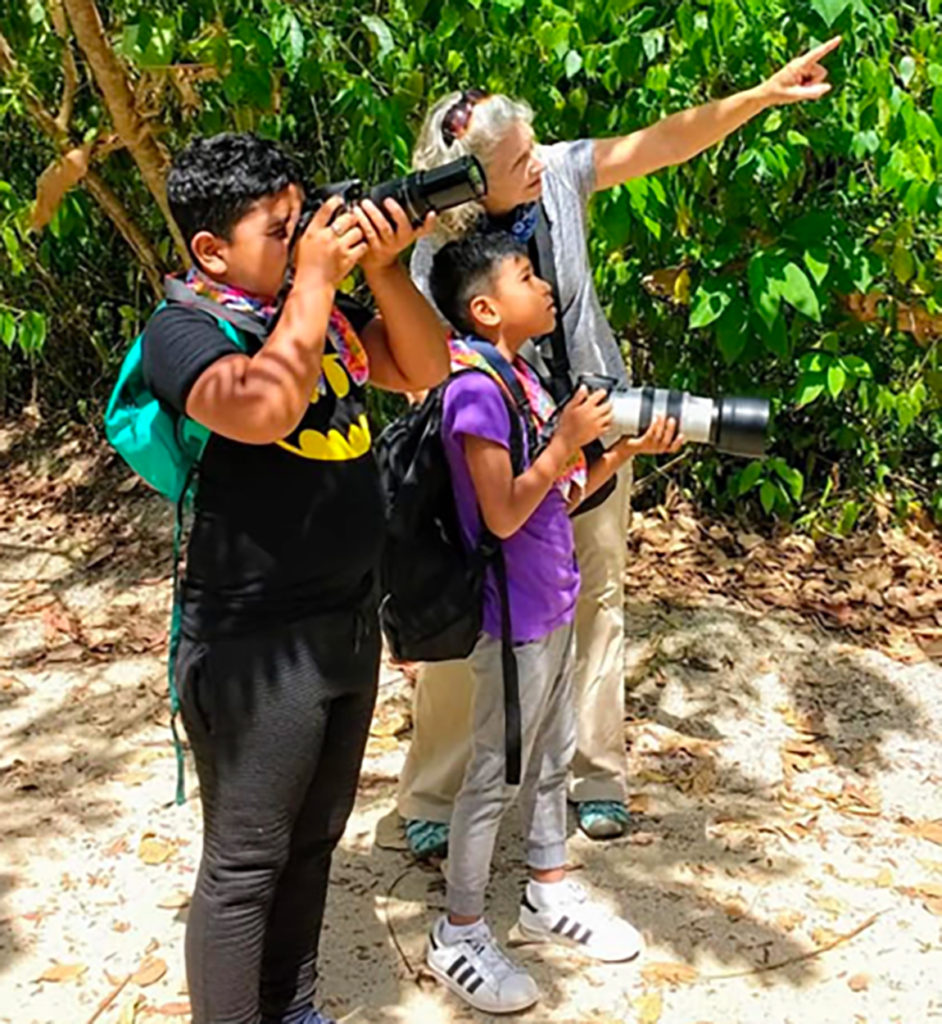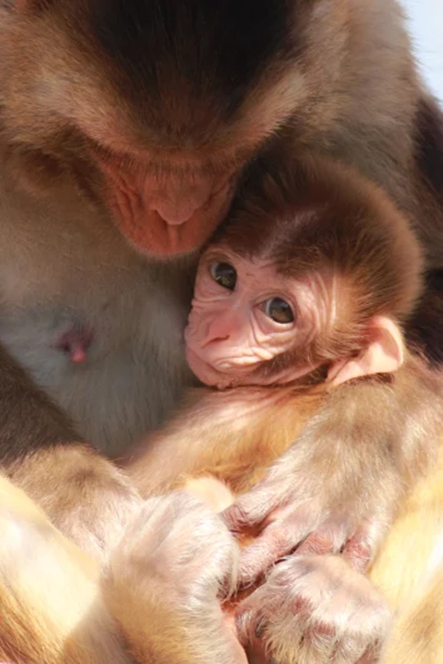Kathy has not only captured incredible and compelling imagery, but she has spent the last four years working to empower the children in Malagasy communities to become dedicated conservationists. I have watched these kids learn an exciting new way to ‘capture’ the wildlife around them. Further, she has truly worked with village elders in way where they feel that their story is heard, and that their children can now make images and share their own local knowledge – empowering them to speak for their own wildlife, instead of seeing it on the page described in foreign languages and writings. This has created the type of relationship that has allowed for her to share locally appropriate conservation solutions to human-driven conservation concerns to these communities in effective and exciting ways, including numerous educational programs over the past few years. Kathy not only empowers the international community to care about lemurs, she empowers local communities to save them.


Thanks to astonishing progress in digital imagery in recent decades, many people now take excellent photographs, yet Kathy West consistently rises way above that bar. Her work is utterly wonderful, reflecting outstanding technical expertise, extensive training in biology, and a special knack for capturing details, a talent I suppose must come from some deep love of natural history. My regard for Kathy’s award-winning work is all the higher because of her commitment to conservation, especially through education. All of us who care about nature and people are in her debt.
Kathy has been instrumental in providing photographs that illustrate the animal’s behavior when I communicate my science. These essential elements contribute to making the research tangible and have been featured from the Smithsonian to the New York Times coverage of the scientific studies.

Kathy West has an ability to take startlingly beautiful photos of her animal subjects, in ways that fascinate and compel the viewer. For those of us that study the lives of animals, it makes others want to know about what we do.